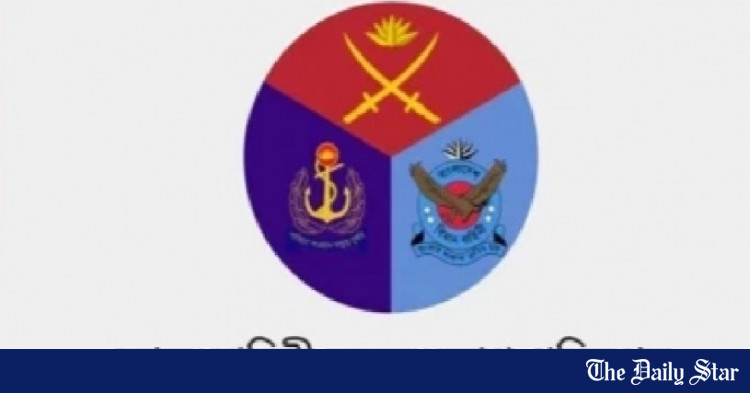Saif
Senior Member
- Joined
- Jan 24, 2024
- Messages
- 17,149
- Likes
- 8,163
- Nation

- Residence

- Axis Group

Ouster of Hasina: BNP's Hafizuddin commends army

Maj (retd) Hafizuddin Ahmed. File photo
BNP standing committee member Maj (retd) Hafizuddin Ahmed today congratulated the Bangladesh Army for its role in "removing" Sheikh Hasina from power.
He was appointed member of the BNP standing committee yesterday.
"I had lost hope, but at the momentous occasion, the Bangladesh Army took sufficient and proper action to remove Sheikh Hasina. I congratulate them for this," Hafizuddin said during a programme, organised by Bangladesh Jatiotabadi Muktijoddha Dal at Jatiya Press Club.
"There was a lot of anger against them [Bangladesh Army]. The army is a traditional force. The language of army members, especially senior officers, should be soldier-like. But for the last 14 years, I have seen them giving speeches like those of Chhatra League. What a shame… But in the end, they responded to the people's call and took the right action. They removed the dictator," he mentioned.
He also questioned police's use of military-grade weapons during the recent crackdown.
"They are the police. Who gave them LMG, MG, 7.62 rifles of the military? Hasina's government did. These weapons were not supposed to be with them," he said.
Maj (retd) Hafizuddin Ahmed. File photo
BNP standing committee member Maj (retd) Hafizuddin Ahmed today congratulated the Bangladesh Army for its role in "removing" Sheikh Hasina from power.
He was appointed member of the BNP standing committee yesterday.
"I had lost hope, but at the momentous occasion, the Bangladesh Army took sufficient and proper action to remove Sheikh Hasina. I congratulate them for this," Hafizuddin said during a programme, organised by Bangladesh Jatiotabadi Muktijoddha Dal at Jatiya Press Club.
"There was a lot of anger against them [Bangladesh Army]. The army is a traditional force. The language of army members, especially senior officers, should be soldier-like. But for the last 14 years, I have seen them giving speeches like those of Chhatra League. What a shame… But in the end, they responded to the people's call and took the right action. They removed the dictator," he mentioned.
He also questioned police's use of military-grade weapons during the recent crackdown.
"They are the police. Who gave them LMG, MG, 7.62 rifles of the military? Hasina's government did. These weapons were not supposed to be with them," he said.





































